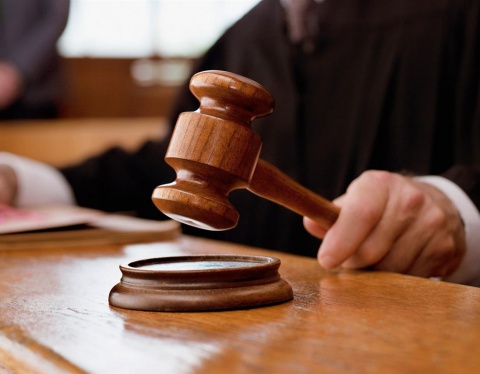In regard to dispositions without value made from their trust banking account
As we all know, section 26 of the Insolvency Act has a primary purpose to protect creditors from dispositions made without value to the insolvent estate. In considering section 26 of the Insolvency Act which deals with dispositions without value, it is important to bear in mind that the distinguishing feature of such a disposition is that the insolvent was under no obligation to make it. Either the insolvent made it in full awareness of impending insolvency in order to prefer the recipient above other creditors, or the insolvent made it without appreciating that it was insolvent circumstances and without realising that he was prejudicing creditors generally. In either event, provided the debtor’s estate is subsequently sequestrated and/or liquidated, the person who benefited from the disposition can be compelled to restore what they had received.
Money deposited into an attorneys’ trust accounts gives rise to the same relationship with the bank as with any account holder.
In the recent judgment being Van Wyk Van Heerden Attorneys v Gore NO and Another 2023 (1) SA 80 (SCA), we see some protection afforded to a firm of attorneys who had received three deposits into their trust banking account from an insolvent estate. In this regard, the attorneys were unaware that the insolvent estate was the source of funds.
The SCA in considering whether the Attorneys firm should be held liable for the full repayment of R1,525 million, the court focused on two elements, namely:
- the relationship between attorneys holding funds in their trust bank account on behalf of their client and third parties; and
- whether the person who benefited from the disposition is able to prove that immediately after the disposition was made, the assets of the insolvent exceeded their liabilities.
Money deposited into an attorneys’ trust accounts gives rise to the same relationship with the bank as with any account holder. The bank holds the money but becomes obliged to give effect to instructions by the attorney holding the account. It is indebted to the attorney and to no other party. However, this position shifts when the
attorneys give effect to a mandate from the client and whose name the monies are held in trust, they do so as agents which is exactly what happened in this judgment. In this regard, the Attorneys made payment of R1,25 million to the attorneys representing the Trust. They did so on the instructions of their client as a result of the Cession-and-Sale Agreement. It was thus untenable for the liquidators to enforce an application against the Attorneys to have R1,525 million paid back to the estate on the basis that this amount was a disposition to the Attorneys in circumstances where the attorney merely acted on the instructions of their client to pay R1,25 million to the attorneys representing the Trust as a result of the Cession-and-Sale Agreement. The Attorneys were merely a conduit.
However, insofar as the deposits of R75 000.00 and R200 000.00 are concerned, the Attorneys made them part of their assets when they appropriated them to settle their
fees and pay disbursements incurred on behalf of their client. As such, they clearly benefitted from the deposit of those two amounts. This is despite their not having breached the principles governing the operation of the trust account.
The High Court order was thus set aside and was substituted that only the amount of R275 000.00 was to be paid by the attorneys to the liquidators as a result of these deposits being dispositions without value as contemplated in Section 26(1)(b) of the Insolvency Act and were set aside.
As we can see from the above, it is of particular importance for all persons and/or companies to comply with the requirements regarding the source of funding when receiving payments for services rendered. If the attorneys who were merely acting as a conduit were ordered to pay back the portion of monies that they had received and allocated towards fees and disbursements, all service providers are at risk and ought to seriously confirm the source of their payments received to avoid having same set aside (or a portion thereof that they can be seen to have benefitted from) as a voidable disposition in terms of the Insolvency Act.





